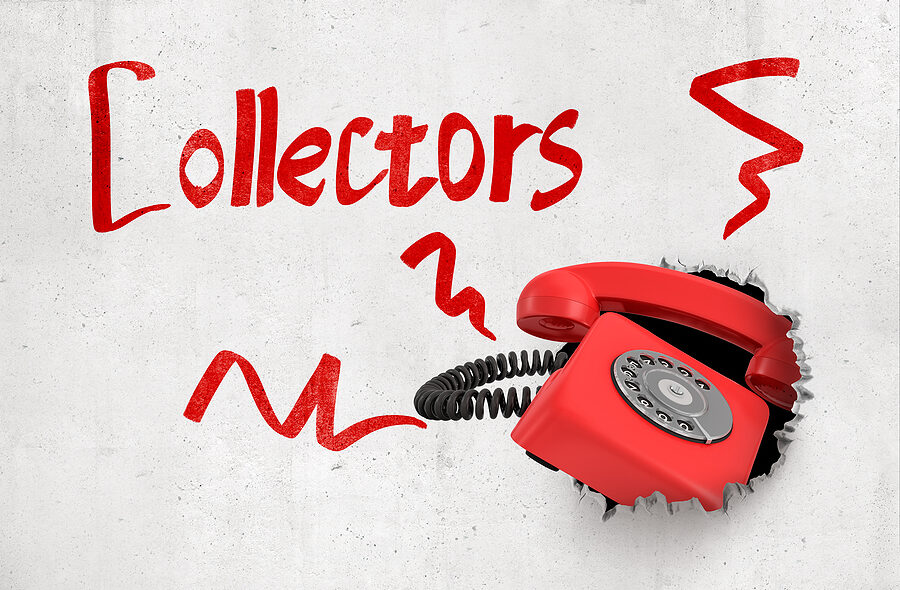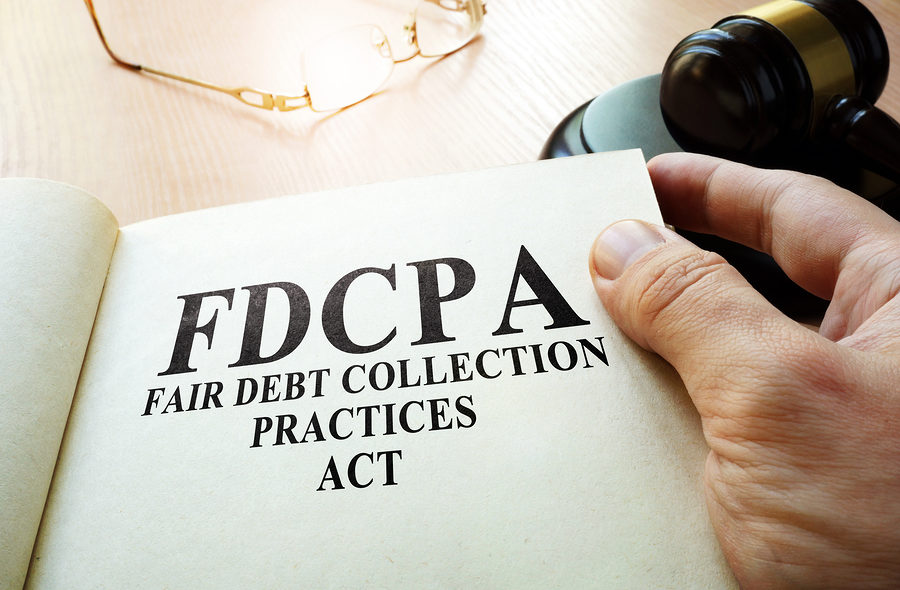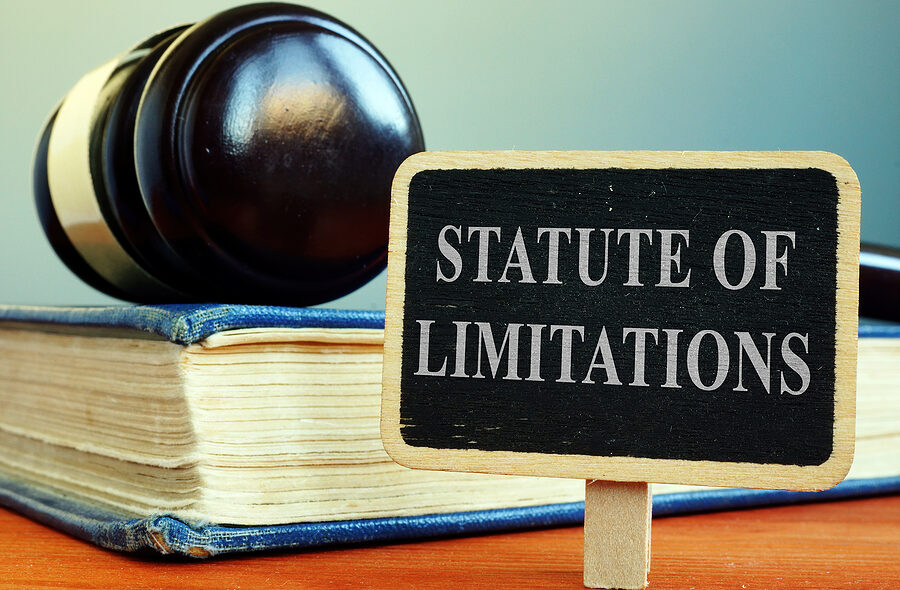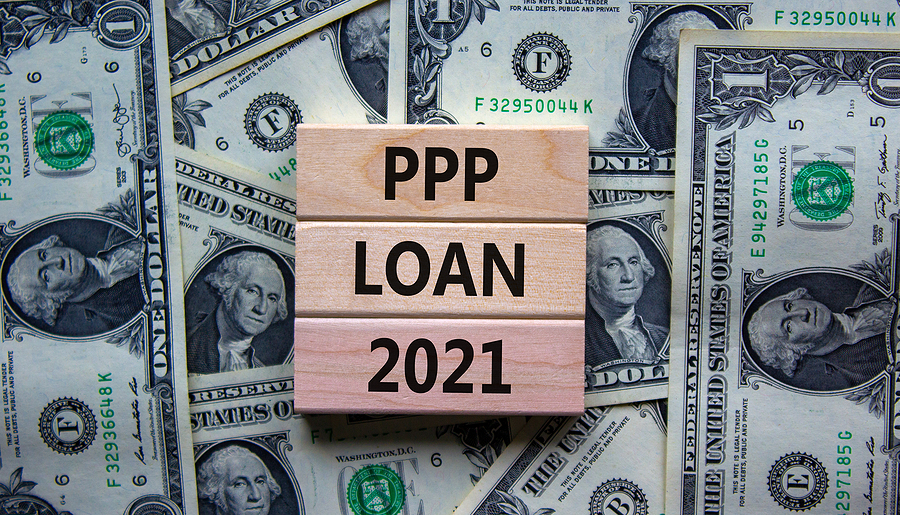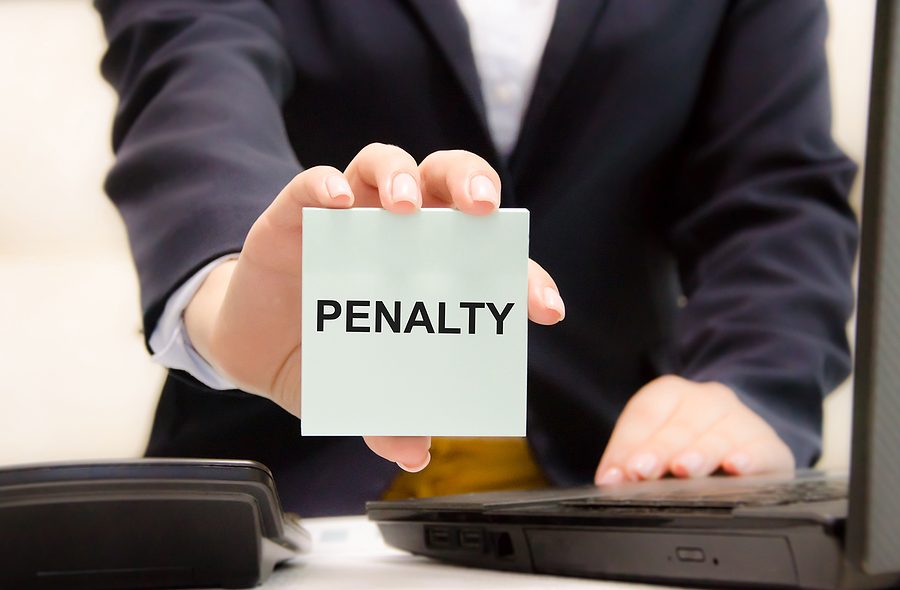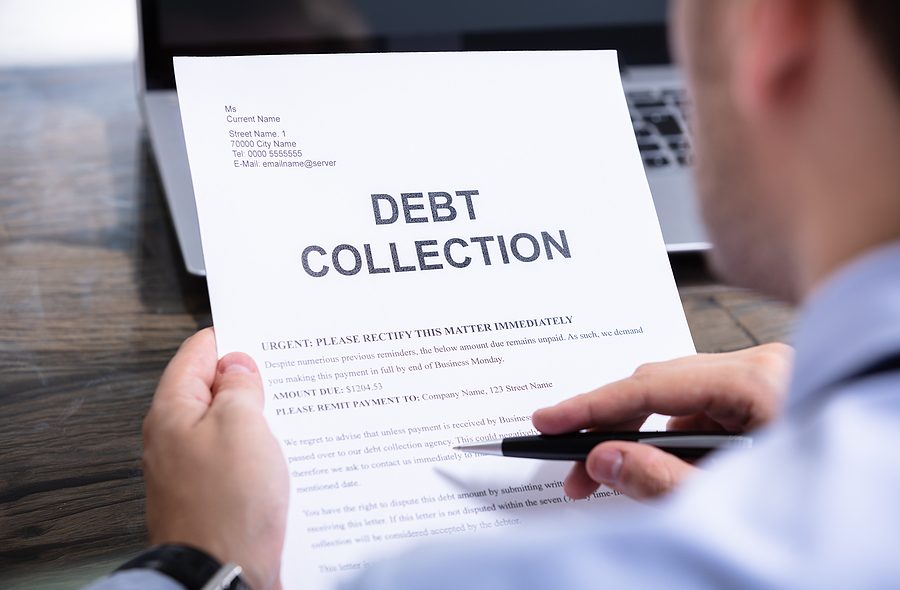Debt collectors can be relentless when trying to reach consumers. The law precludes debt collectors from calling during certain times of the day, but what about on holidays?
Debt Collection
How Federal Laws Protect You When Dealing with Debt Collectors
Dealing with debt collectors can be stressful. Their job is to get the consumer to pay on a debt at any means necessary, which can often mean through coercion, harassment, and fear. Many debt collectors have been known to use aggressive or illegal tactics to collect on a debt, leaving many consumers to feel like they have no choice but to make payment to get them to go away. However, federal law offers certain protections when it comes to debt collectors. It is important that consumers understand what these protections are so that they are aware of what rights they do have when dealing with debt collectors.
According to the Consumer Financial Protection Bureau (CFPB), nearly one in every four people have a debt in collections. Illegal debt collection practice is a common complaint made to the CFPB.
Understanding Zombie Debt and the Statute of Limitations
Consumer debts have what is called a statute of limitations. This is the amount of time the creditor can use the court to force a consumer to pay a debt. After the statute of limitations has expired on a debt, it is no longer legally enforceable. Occasionally, however, a consumer may be contacted regarding an old debt by a collector who hopes the consumer will ‘restart the statute of limitations.’
Zombie debt is debt that the consumer thinks is “dead,” meaning it is past the statute of limitations that the debt collector is now trying to bring back to life. While the debt collector cannot take the consumer to court to collect on the debt, there are no laws saying they cannot continue to contact the consumer to collect what is owed. Many times, debt collection agencies will purchase expired debt to turn a profit. Since the cost to buy expired debt is exceptionally low, even if they collect on a handful of accounts, they are still earning a profit.
Can Debt Collectors Contact You on Social Media?
Debt collectors will attempt to contact a consumer through any means necessary to collect on a debt. As more consumers communicate with each other via social media, debt collectors are utilizing these platforms as another means to contact consumers.
A federal agency issued a new rule that would allow debt collectors to contact people by email, text message, and social media platforms, including Twitter, Facebook, and Instagram.
The new rule limits how many times the collection agency can contact the consumer via telephone. Collectors will be limited to seven debt-collection phone calls weekly, but they are allowed to send an unlimited number of text messages, email messages, and social media private posts.
Predatory Debt Collectors Barred from PPP Loans Under New Bill
New legislation introduced this week will effectively bar all predatory debt collectors from receiving money from funds received under the federal government’s Paycheck Protection Program (PPP).
The measure has been introduced by Representatives Suzanne Bonamici (D-Ore.) and Marie Newman (D-Ill.). In announcing the proposed legislation, the lawmakers pointed to an analysis conducted by the Washington Post in January 2021. The Post reported several incidents where debt collection companies had harassed consumers for payment on debts after they had received their own financial assistance from federal PPP loans. It was their hope that this legislation will curb these practices and will effectively block predatory debt collection firms from receiving PPP money themselves.
Debt Collection Lawsuits Pause While One Debt Collector Continues to Pursue Collections
At the start of the COVID-19 pandemic, most debt collectors hit the pause button on collection lawsuits due to widespread national lockdowns. However, one of the largest debt collectors, Sherman Financial Group, continued to pursue its collection efforts.
According to a study conducted by the Wall Street Journal, Sherman Financial Group had the largest increase of any debt collection firm between March 15, 2020 and December 31, 2020. The study analyzed filings from five state-court districts from the start of the pandemic to the end of 2020. The number of filings went up by 52 percent from the previous year. In comparison, debt collection filings went down by 24 percent with respect to the industry overall.
Understanding the Fair Debt Collection Practices Act (FDCPA)
Facing debt collection is stressful and there are laws in place to protect consumers. Debt collectors can be persistent, even to the point of becoming harassing and threatening at times. However, it is vital that consumers facing collections actions realize that they do, in fact, have rights, and these rights fall largely under the Fair Debt Collection Practices Act (FDCPA).
The FDCPA was signed into law in 1978. The law designates what type of behavior is acceptable by debt collectors and what type is considered abusive and unethical. The law was created to curb tactics that had largely gotten out of control by companies engaging in debt collection.
Important Tips to Know about Credit Card Debt Forgiveness
Credit card debt plagues so many today. Even with the economic stimulus relief, some consumers are having to utilize credit cards to make ends meet. Escaping the load of credit card debt can seem like an impossible feat. Whenever someone offers a way out or credit card debt forgiveness, it can be easy to jump to accept the offer. The problem is credit card debt forgiveness can be more complicated than simply having the debt forgiven.
Not All Debt Forgiveness Strategies Are Equal
Credit card debt is forgiven usually from two strategies, namely debt settlement or bankruptcy. Many consumers try a third strategy, which involves ignoring the amount owed until the statute of limitations has passed for collecting on the debt. However, the damage that can result to the consumer’s credit score as a result of this failed strategy make it often not worth the wait.
Can a Debt Collector Try To Collect on Debts Discharged in Bankruptcy?
A bankruptcy discharge gives a person a fresh financial start, freeing him or her from the stress of collection calls and aggressive debt collection practices. However, the fact that a debt has been discharged successfully in a bankruptcy case does not necessarily mean debt collectors will still not try and attempt to pursue collection of the debt. What happens in these situations?
Under the U.S. Bankruptcy Code, a discharge is a permanent court order that prohibits creditors from pursuing any type of collection on discharged debts. These prohibited actions include filing legal cases to collect on the debt, as well as communications with the consumer via personal contacts, letters, and phone calls. Essentially, the discharge in a Chapter 7 or Chapter 13 bankruptcy case relieves the filer from any personal responsibility to pay off the debt.
Not all consumer debts are dischargeable in a bankruptcy case. Certain debts are prohibited as a matter of public policy from being discharged, including government-backed student loans, child support, alimony, tax debt, and any debts incurred because of improper or illegal behavior. Creditors for these debts can continue collecting on them even after the bankruptcy case is finalized.
Venmo’s Debt Collection Practices Under Investigation by the CFPB
Popular digital money-transfer service, Venmo, is finding itself at the center of a Consumer Financial Protection Bureau (CFPB) investigation. The company that is owned and operated by PayPal Holdings, Inc. received a “Civil Investigative Demand” from CFPB with respect to Venmo’s debt collection processes and unauthorized fund transfers.
Venmo has been the subject of a series of investigative articles by The Wall Street Journal in both 2019 and 2020 with respect to their aggressive debt-collection tactics. It reported that Venmo made threats to users who overdraw their accounts. These threats were also made to users who were the victims of scams. Even during the difficult financial times brought on by the COVID-19 pandemic, the company has reportedly continued its aggressive collection practices.

